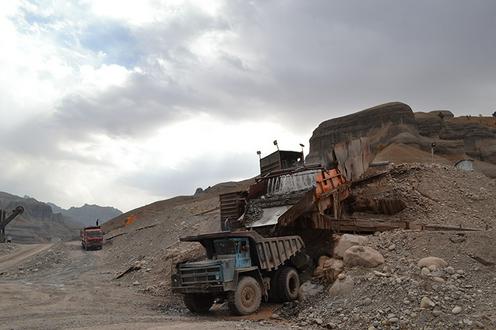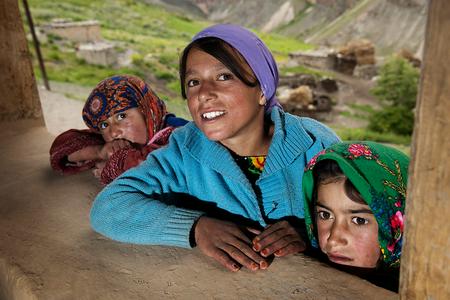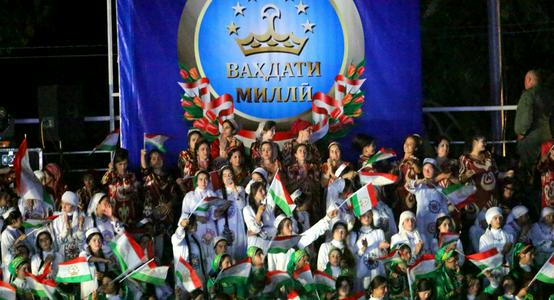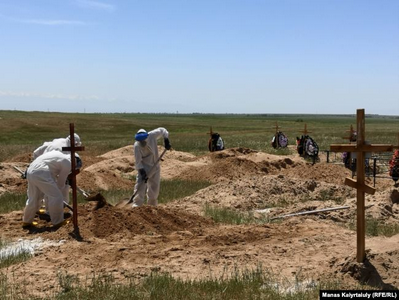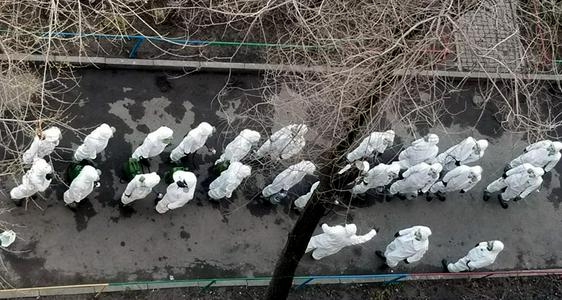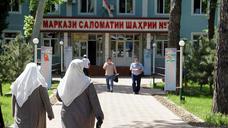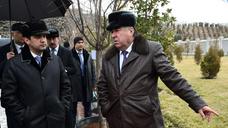Confirmed reserves of gold at the Upper Kumarg and Eastern Duoba mines in the Ayni district of Tajikistan’s Sughd province amount to 64 tons of pure metal. This was announced by the country’s Deputy Minister for Industry and New Technologies, Bakhtiyor Sharifi during a session of the lower house of parliament on 28 November, writes Radio Liberty’s Tajik website (in Russian). Both sites have been ceded to the Chinese company TBEA for exploitation as compensation for its expenditure on the construction of the Dushanbe-2 power station.
Sharifi observed that exploration of the two sites conducted in Soviet times reported gold reserves of 51.7 tons. Surveys carried out by the Chinese firm, however, revealed significantly larger reserves of the precious metal. “In the last 7 years, the company exploiting the mines has been able, by attracting $53m of investment, to raise the proven reserves figure to 64 tons,” stated Sharifi, pointing out that this too cannot be considered a final figure and that reserves could reach 100 tons.
According to Bakhtiyor Sharifi, TBEA has spent $120m on the construction of its goldmining enterprise in the Ayni district. “The company’s capacity allows it to process 660,000 tons annually. 750 jobs will be created at the company, 80% of which must be filled by Tajik citizens,” added the deputy minister.
It is expected that the Chinese firm will extract up to 2.5 tons of gold per year. Sharifi stated that all of the extracted gold will be sold to the Tajik finance ministry.
During the same parliamentary session, deputies ratified the previously-concluded agreement between Tajikistan’s Ministry of Energy and Industry and TBEA for the construction of the power plant by the so-called “resources method” – construction in exchange for resources.
The building of the 400mWt-capacity power station Dushanbe-2 was completed by TBEA in 2016. The cost of the project came to $349m, of which $331.6m was paid by the Chinese side. According to the signed agreement, the Chinese firm will have the rights to the exploitation of the Eastern Duoba and Upper Kumarg mines until it recoups the funds spent on erecting the power plant. TBEA obtained the licences for Eastern Duoba and Upper Kumarg in 2016 and 2018 respectively. TBEA head Zhang Xin has previously announced that “if the company is unable to make up the earlier outlay from these two deposits, then the government of Tajikistan is obligated to cede other sites to TBEA”.
In October of this year, the Tajik authorities exempted TBEA from VAT and customs duties for the importation of machinery destined for the aforementioned gold mines.
